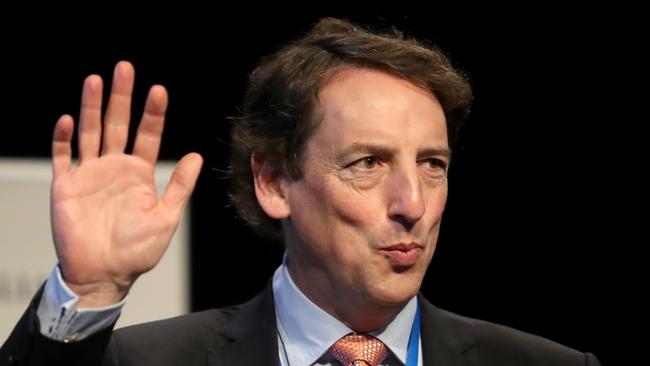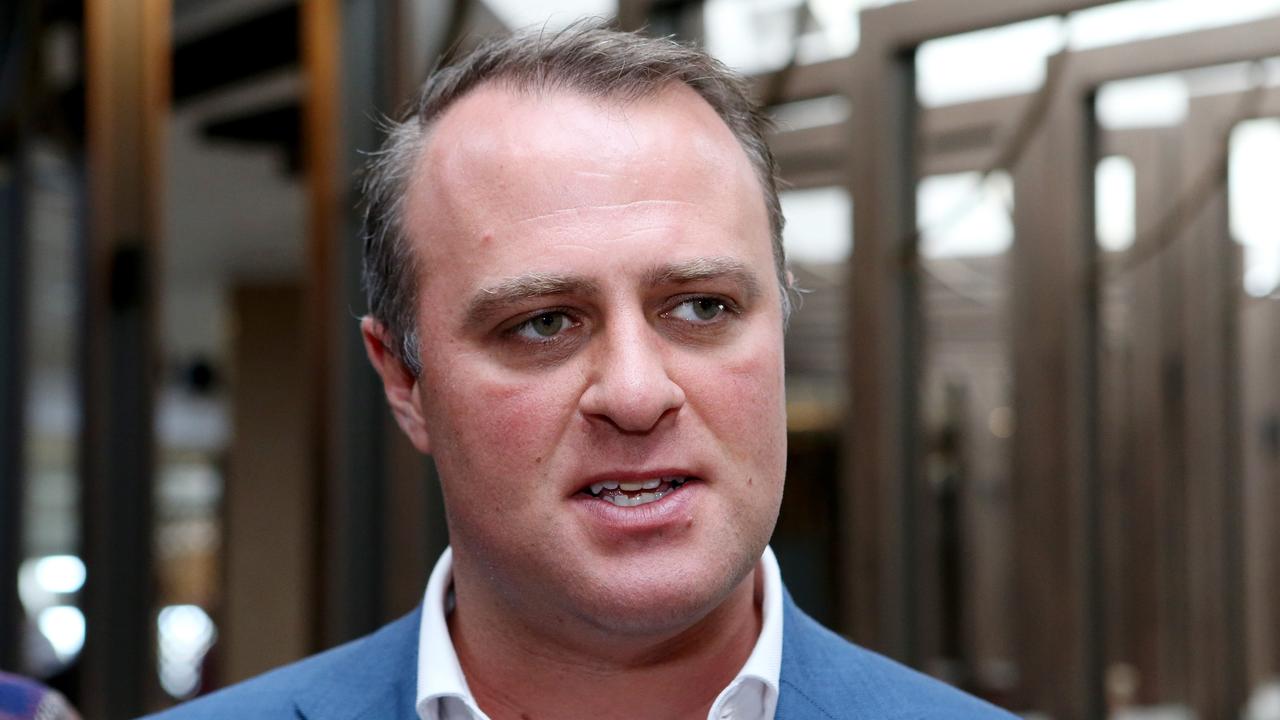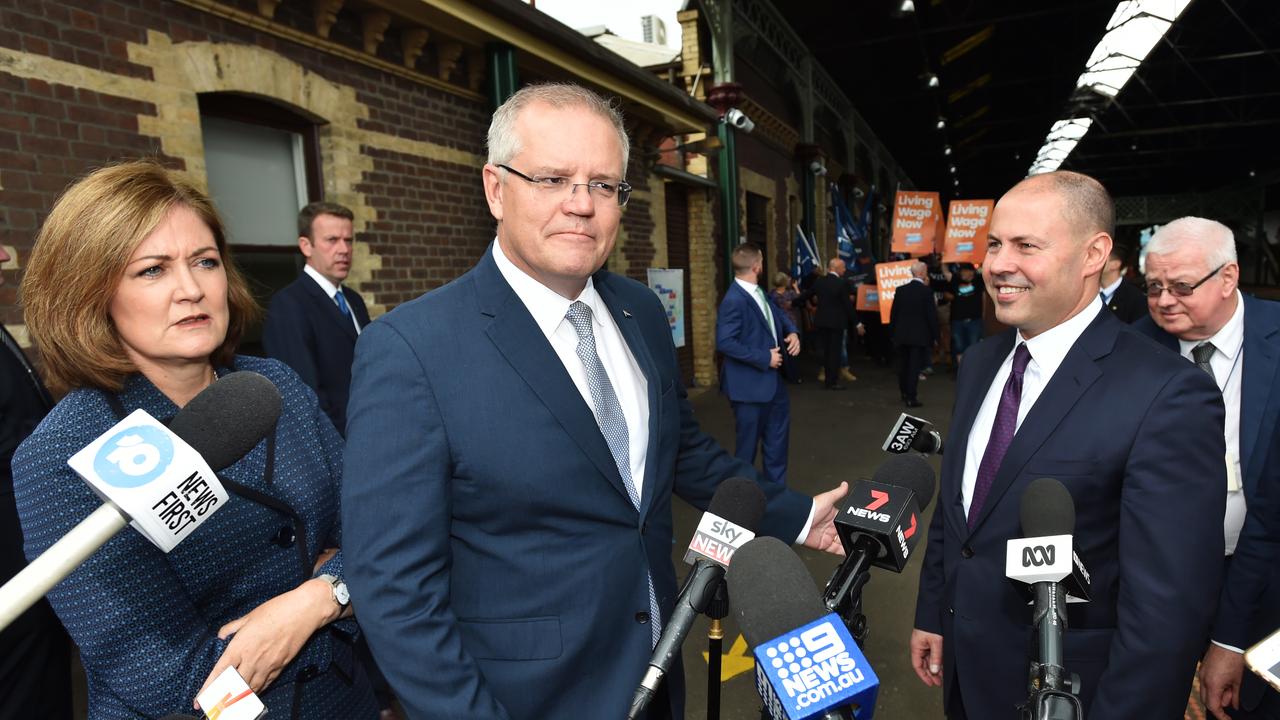Chief executives at the head of the minimisation pack
Nearly 45,000 of the nation’s chief executives are beneficiaries of income distributions totalling more than $3bn.

Nearly 45,000 of the nation’s chief executives are beneficiaries of income distributions totalling more than $3 billion made through partnerships or trust structures, triggering calls from tax experts to cut down on tax minimisation strategies for the wealthy.
An analysis of Australian Taxation Office data by The Australian shows thousands of chief executives, managing directors and solicitors benefit from income distributions from trusts or partnerships outside the farming sector.
In the 2014-15 financial year, there were 44,793 chief executives and managing directors who received income distributions worth $3.1bn — of which $1.7bn went to males on incomes of more than $180,000.
The publicly available figures also show hundreds of politicians benefited as a result of distributions from partnerships and trusts with 668 politicians at a federal, state or local level receiving a total of $10.1 million — a sum greater than the $4.4m that 182 barristers received through income distributions.
Solicitors are also heavy users of trusts and partnerships, with 8115 of them benefiting from distributions worth $513m, including 1555 male solicitors on incomes of more than $180,000 who received $257m through distributions.
In the medical profession, 5623 GPs received $293m through distributions while 936 surgeons received $55.5m. And 933 anaesthetists benefited from distributions from partnerships and trusts worth a total of $43m.
Grattan Institute chief executive John Daley said the ATO statistics showed a need to plug leakage in the tax system, with the accumulative deficit over the four years to June 2020 forecast to reach $90.7bn.
“People on high incomes or the partners of those on high incomes are much more likely to use discretionary trusts than anybody else,” he said.
“And particularly the policy design, as has been advocated by the ALP, doesn’t seem to really affect anyone other than people who are splitting their income.”
Mr Daley said that if pay-as-you-go taxpayers were prevented from splitting their income, he did not see a compelling reason to allow others to split their income.
Australia Institute executive director Ben Oquist said the data was “further evidence that trusts are far more likely to be used by well-paid people to split their income and reduce tax”.



